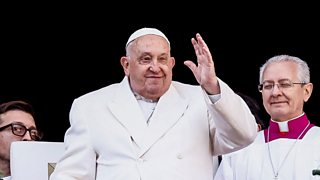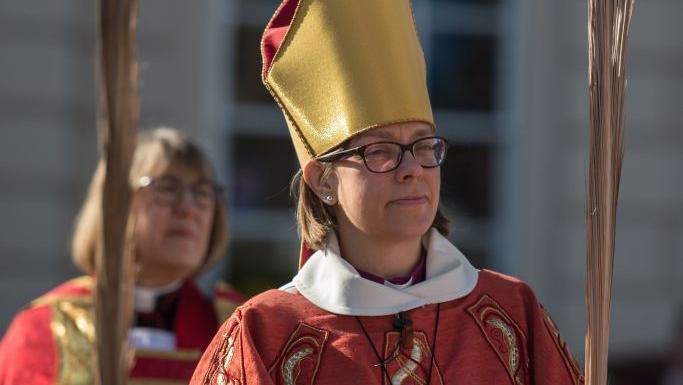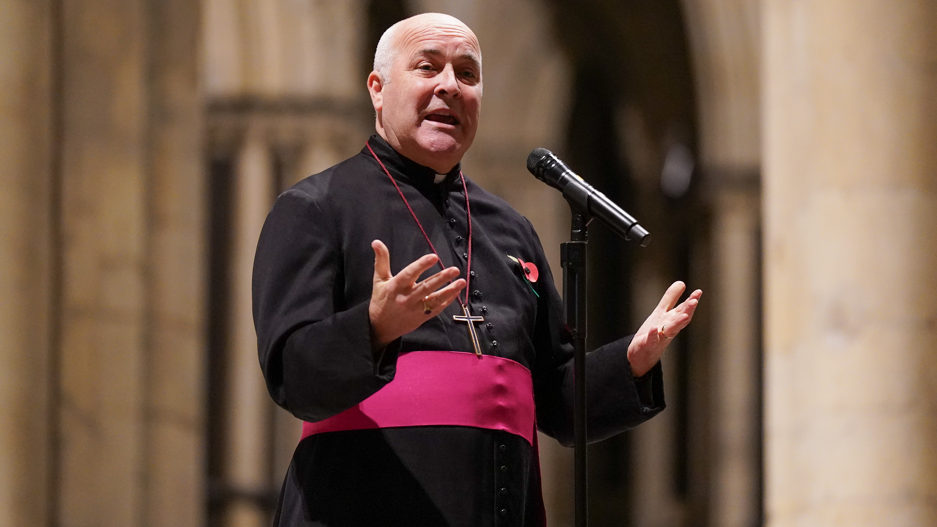Canadian group that led
push to legalize euthanasia warns of abuse of system
CNA Staff, Dec 27, 2024 / 12:10 pm
The activist group that led the push to legalize
medical aid in dying (MAID) in Canada is now warning that additional government
safeguards are needed to combat reports of abuse of the program.
Liz Hughes, executive director of the
British Columbia Civil Liberties Association (BCCLA), told the National Post that
the organization has become “aware of concerning reports of people being offered
MAID in circumstances that may not legally qualify as well as people accessing
MAID as a result of intolerable social circumstances.”
The BCCLA was a key figure in Canada’s legalization
of euthanasia, having filed the suit Carter v. Canada that led to the Supreme
Court of Canada’s striking down the government ban on the procedure.
In the roughly nine years since
euthanasia became legal in Canada in 2016, the practice has become increasingly
popular. The latest government figures,
released this month, showed another double-digit year-over-year increase in the
procedure, with 15,343 Canadian citizens euthanized by medical officials in
2023, accounting for 1 in 20 deaths there.
Yet a bombshell report in November revealed
that out of hundreds of violations of the country’s controversial euthanasia
law over the course of several years, none of them have been reported to law
enforcement, with whistleblowers warning of numerous “issues with compliance”
in reportage.
Hughes told the National Post that the country’s
federal and provincial governments “must put in place, actively review, and
enforce appropriate safeguards to ensure that people are making this decision
freely.”
The civil rights organization “will continue to
hold the government accountable” for its policing of the euthanasia program,
she said.
At its launch, the country’s euthanasia regime was
billed as a last-resort choice for terminally ill adults undergoing terrible
suffering. In the years since, however, activists have called for its expansion
to include much broader categories of applicants.
An activist group sued the federal government
earlier this month, calling for an immediate expansion of the
country’s euthanasia program to allow physician-assisted suicide for those
suffering from mental illness.
The federal government had earlier
been set to expand the program to those with mental illnesses; that measure
was delayed early this year and
is now projected to take effect in 2027.
The provincial government of Quebec
last month began allowing assisted suicide for individuals
who cannot consent at the time of the procedure, permitting
“advance requests” by those who have “been diagnosed with a serious and
incurable illness leading to incapacity” such as Alzheimer’s disease.
The federal government, meanwhile, is
actively soliciting citizen input for a proposal to legalize “advance requests” at
the national level.







